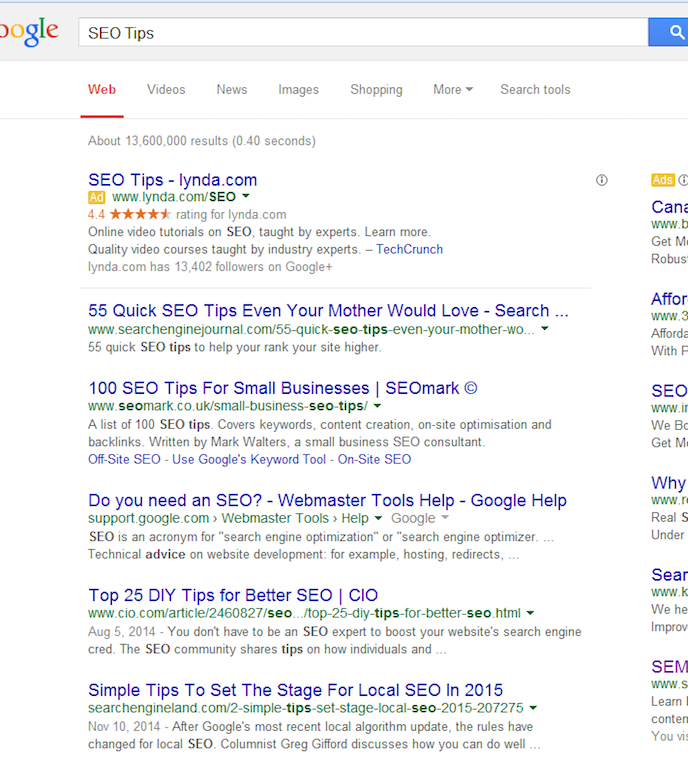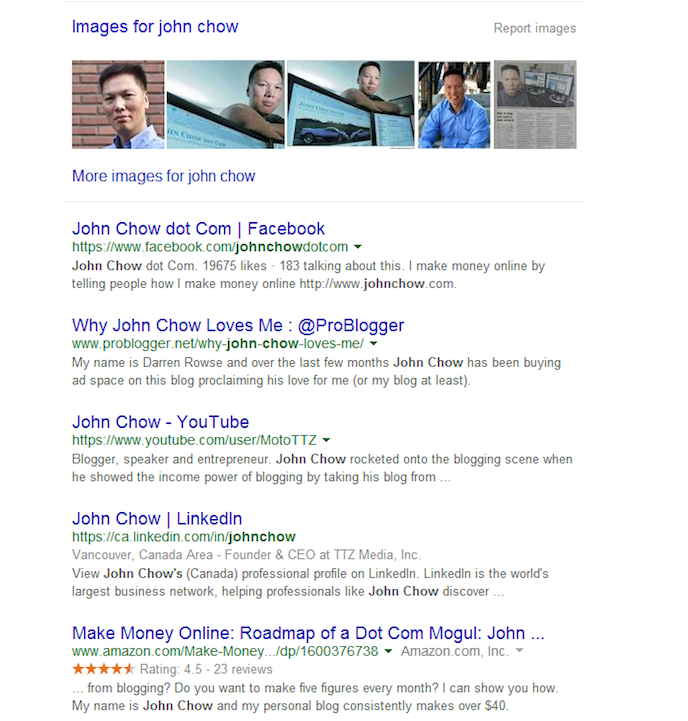Guest blogging is probably the best way to generate huge amounts of targeted traffic to your blog. It’s so effective that that’s the only method I recommend for anyone trying to spike traffic to their blog quickly. Other conventional methods like banner advertising costs enormous money and a solid SEO campaign takes time. However, guest blogging is only effective if you know what you’re doing. When I started guest blogging, I made the mistake of picking several smaller blogs that provided no value to me in the long run. Next, I would put enormous time and effort creating content 2,000+ words without seeing any value added in terms of traffic and authority. The objective is to establish a “guest blogging†schedule based around creative topics and the right authority blogs. Here are some benefits you get from a solid guest blogging campaign…
- Brand awareness
- Traffic increase
- SERP rankings through relevant people ranking
- Increase social shares
- Increase your own authority
The point I’m trying to make is an effective guest blogging strategy has to be based around quality websites because only then can you pull out all the true benefits. Choosing spam websites can actually hurt your brand and even SERP’s going forward.
Getting Started
Before I submit any guest posts, I take a few days doing the right type of research. What do I mean by right “type†of research? Well…
I make sure I find what is trending in my niche and some hot topics I can write about. I look for common problems within my niche that need a solid in-depth solution. I’ll also perform searches, trying to locate blogs accepting guest posts only if I don’t have a handful of blogs available already. However, by now, I already have a handful of blogs I regularly submit guest posts to so will skip this step. For all you other people, I’ll outline an awesome way to find the perfect blogs to submit content to.
Writing Content
It’s important to write all the guest blogging content yourself because only you will ensure you submit the best content. I write 10,000 words per week and 80% of the content is for guest blogs like JohnChow.com. I don’t trust anyone to write content for me because I know the niche and want to make sure nothing will jeopardize the guest blogging account on JohnChow.com. Whenever I write content, I follow this pattern…
First, I always write content myself, focusing on my niche and what I can pull from my experience. Next, I write to add value to the blog and build my brand at the same time because nothing will boost my credibility more than my own name. I’ll also ensure my content meets specific requirements like length, internal linking, formatting, author bio, images, and, if possible, videos. Finally, I’ll try sometimes to link to external authority sources, but only if they provide enormous value as well. I want to ensure all external links will add more value to what I’m already writing about. If they don’t add additional value, they are NOT worth the external link.
Next,
It’s important all content I submit has been edited and I hired someone to do this for me. I don’t have enough time to write content and edit it myself because it will interfere with the rate of content I create throughout the week.
Social Media Profile
I wasn’t going to include this factor, but it is important especially when people are trying to find out more about you. Whenever I want to find out if a person is an authority in my niche, I’ll view their social profiles. I’ve noticed influential people will have an enormous social following full of relevant followers. It’s important to view the followers because it’s a great way to distinguish between a real or fake account. I tend to view the follower’s profiles sometimes and check out their personal blog.
List of Niche Influential Blogs
This is where things get tricky because you need to start searching for authority blogs within your niche. I usually start by doing a quick search in Google, typing in my keyword then skimming through the results. For example, when typing “SEO Tips†in Google, the following results appeared…

I’ll skim through the list, visiting each website, looking for some of the following factors…
- If they accept guest posts
- Frequency of content updated
- Social followers
- Engagement on the content
- Comments
- com ranking
- Domain and Page Authority
- Non-niche related websites
- If possible to check existing link profiles
Next,
I’ll even type in the name of the authors to check what comes up in the SERP’s. For example, I’ve noticed when typing specific names, you can learn about the authority they have in your niche. They’ll have a huge contribution portfolio and others will have mentioned them, outlining their experience. Check out the search results for the search phrase “John Chowâ€.

By doing this, I can find out the true value of the blog and some of the authors contributing. High authority blogs will only accept content from influential people so by simply connecting the blog with the person, you can find value.
I’ve been blogging for years and have a handful of blogs I know provide the value I need to not only find information, but also gain the right type of exposure when guest blogging.
Submit Content
When submitting content, it’s important you follow this protocol. I usually submit a “pitch†or “ideaâ€, asking for feedback from the blog owner. Sometimes, you have the creative control, but for new blogging opportunities, I’ll submit a “pitchâ€. However, it’s also a good idea to ask for a content topic from the blog owner because authority bloggers are busy and have no time to create content they have in mind. If you’ve been contributing for long time then you might have an opportunity to write exclusive content for the blog, however, I’ve noticed you have to build your credibility first.
Either way, it’s important to do the following before submitting content…
- Follow submission guidelines.
- Always submit content to blog owner so they can take a look and provide feedback.
- Format content correctly.
- Follow linking guidelines.
- Add images and videos.
- Always answer comments when published.
- Touch base with blog owner afterward.
